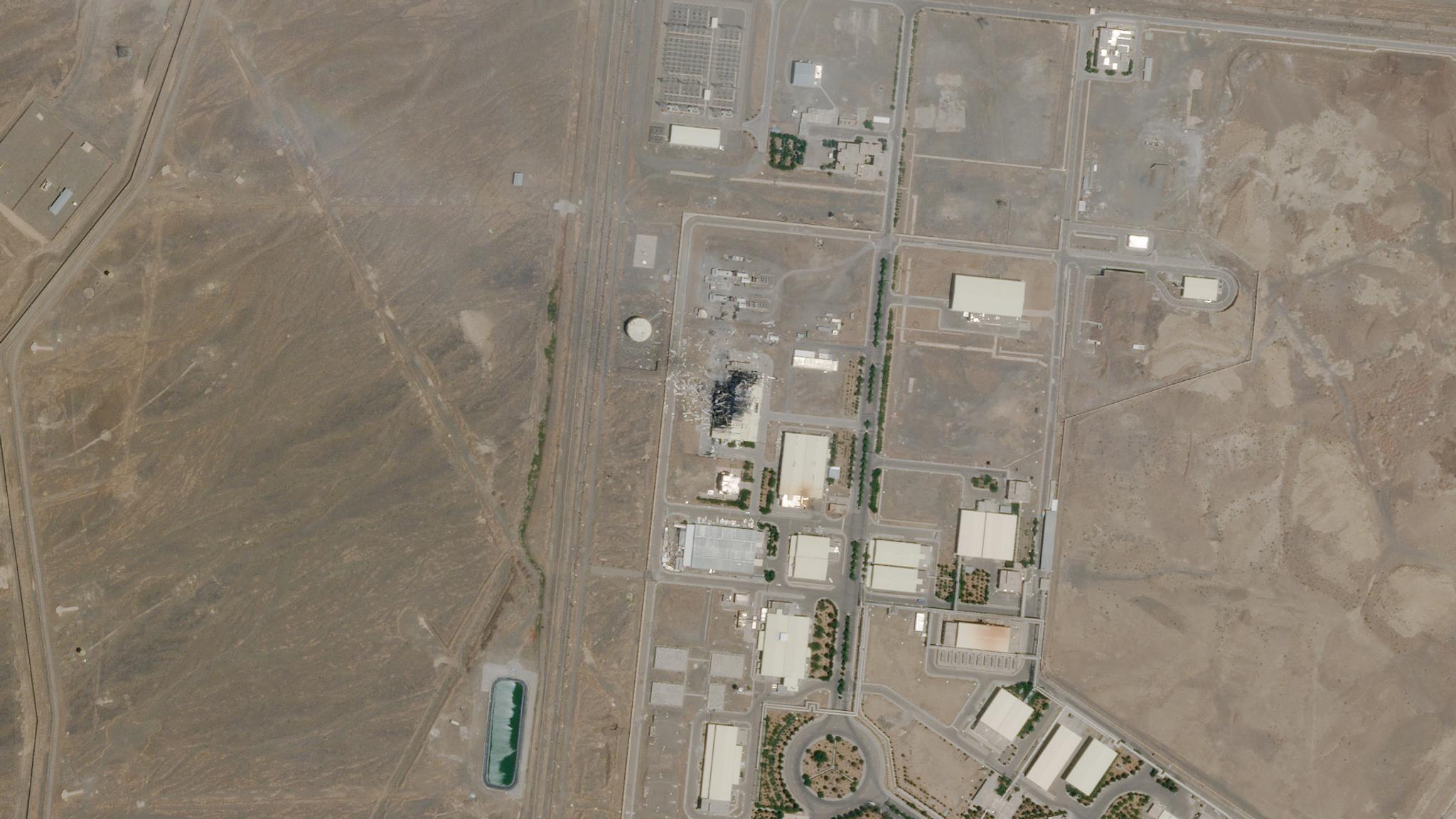Clashing Eastern Superpowers, Explosions in the Middle East, Dark Fishing Fleets and More
Despite these uncertain times, when on the ground coverage is limited, satellite imagery is still there for journalists--helping them find new insights and report on global happenings. Check out how Planet imagery has helped reporters follow stories and bring news to readers.Beirut blast leaves city shocked and port in shambles Hours after an unexpected explosion ripped through the city of Beirut, Lebanon, satellite imagery showed the extent of the widespread destruction. Caused by the detonation of a warehouse filled with over 2,700 tons of highly explosive ammonium nitrate, the blast left a massive crater at the port and severe damage throughout the city. Numerous media outlets have used this imagery to map the damage as Beirut and its people deal with the aftermath of this disaster. Our imagery was published in The New York Times, CNN, NPR, NBC and AP. [caption id="attachment_145489" align="aligncenter" width="1280"]
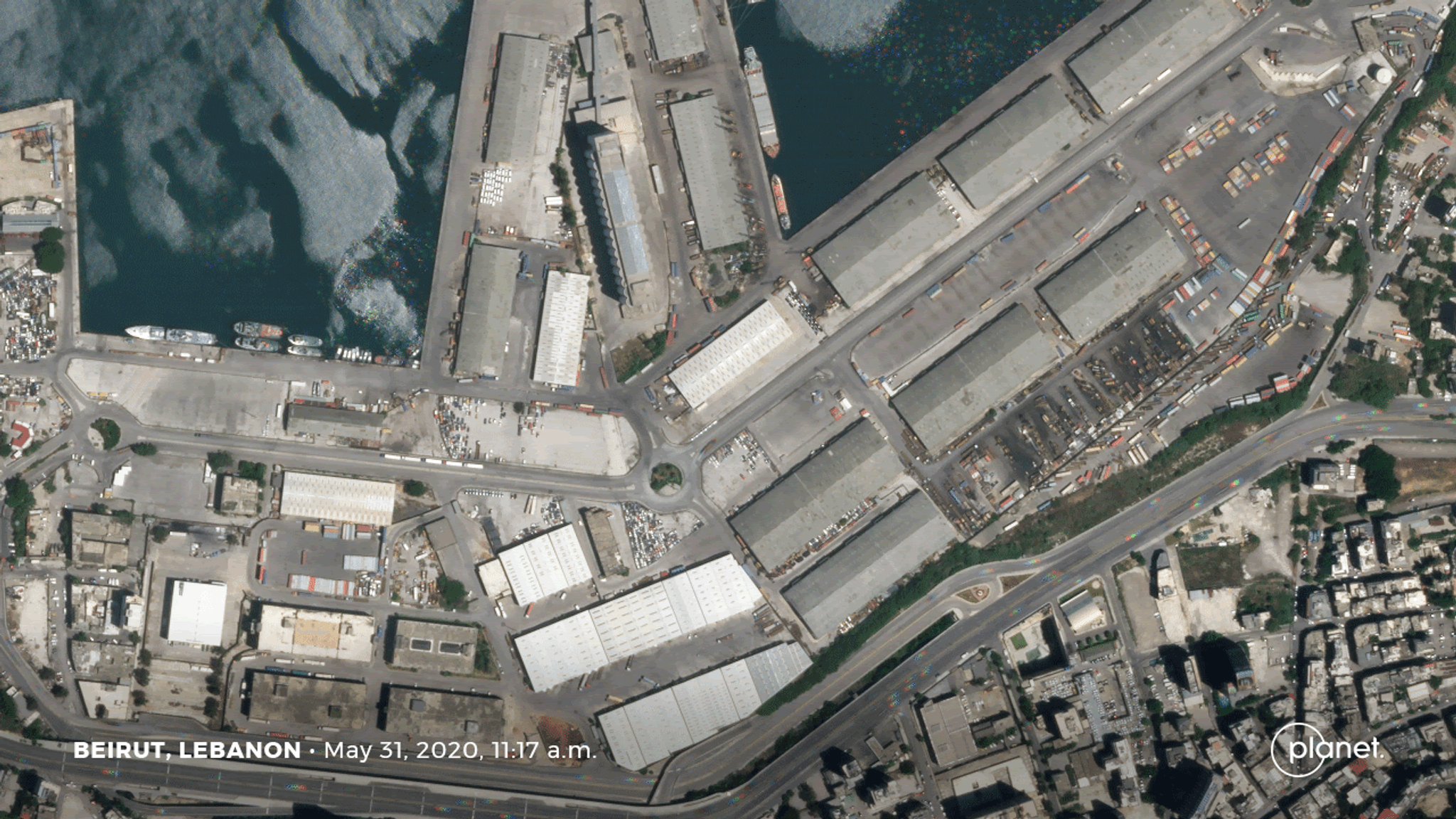
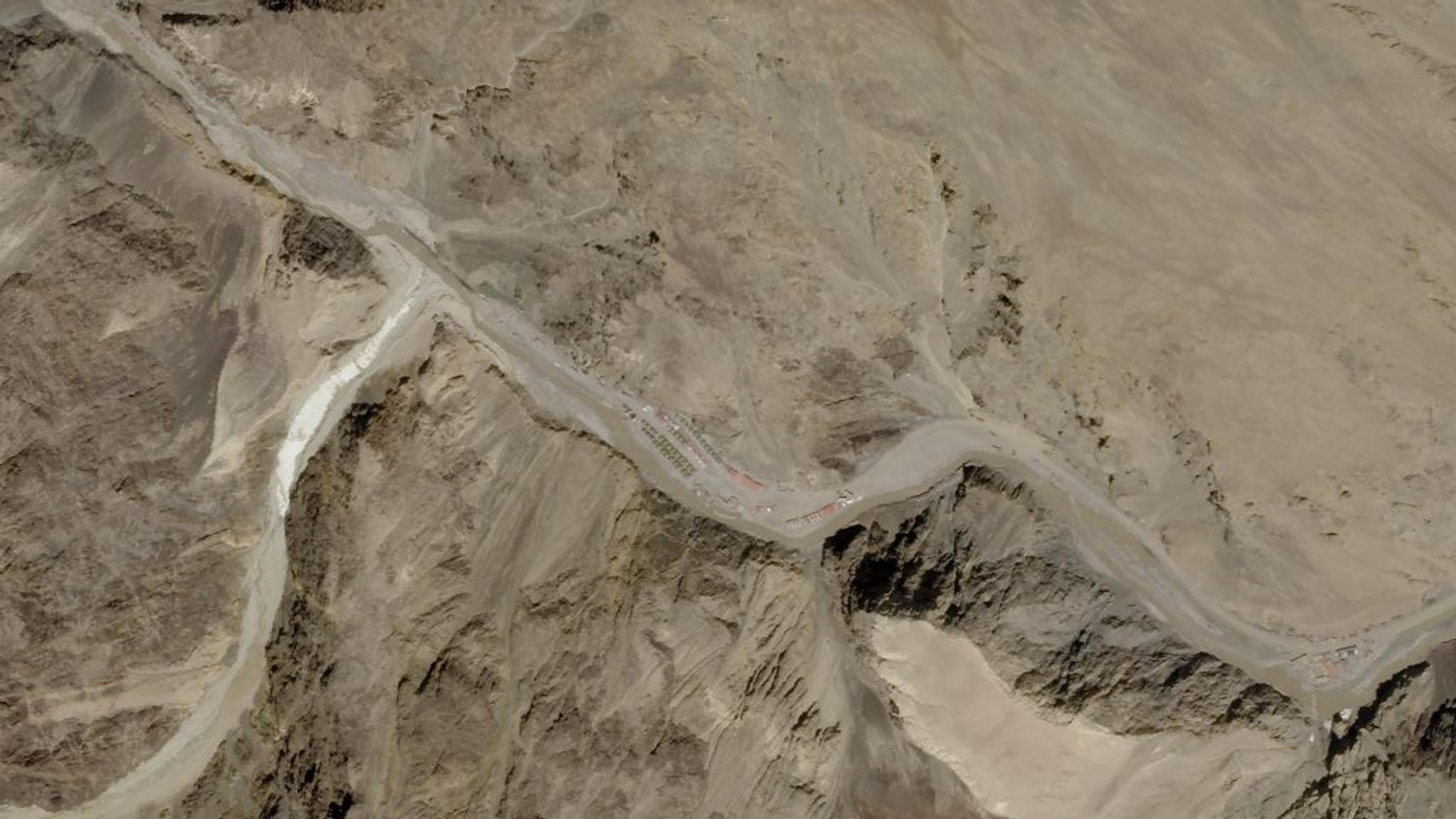
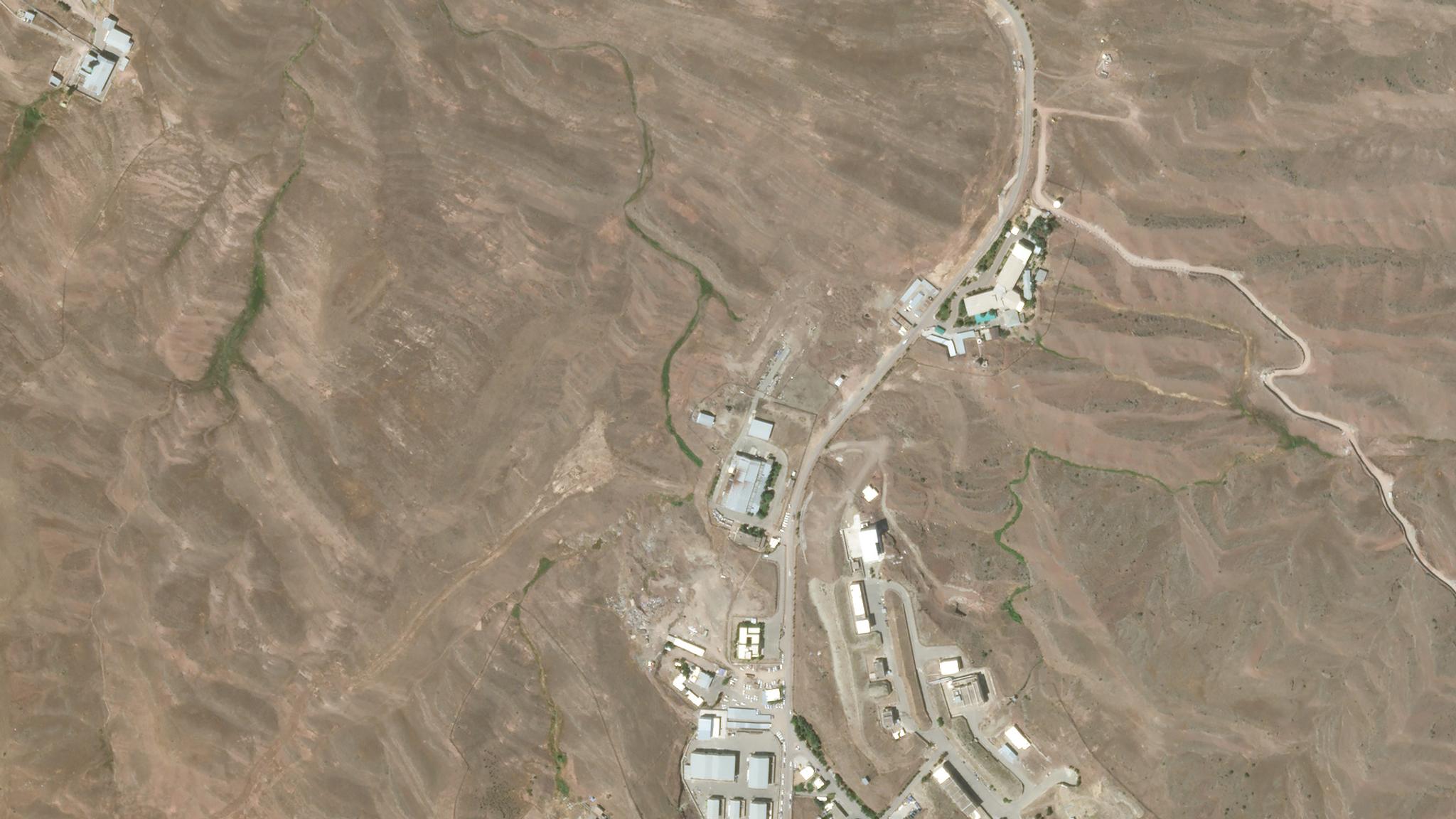
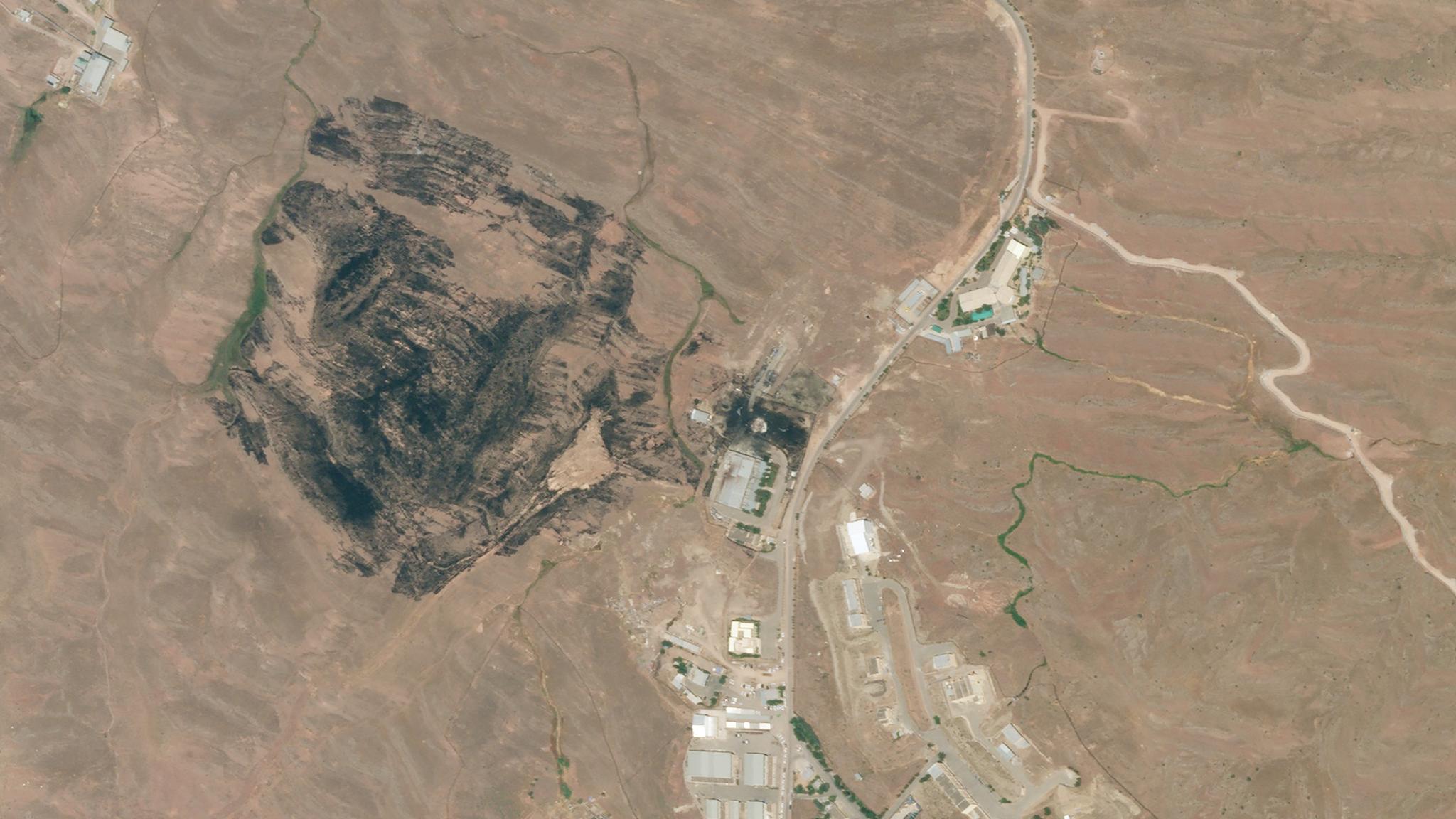
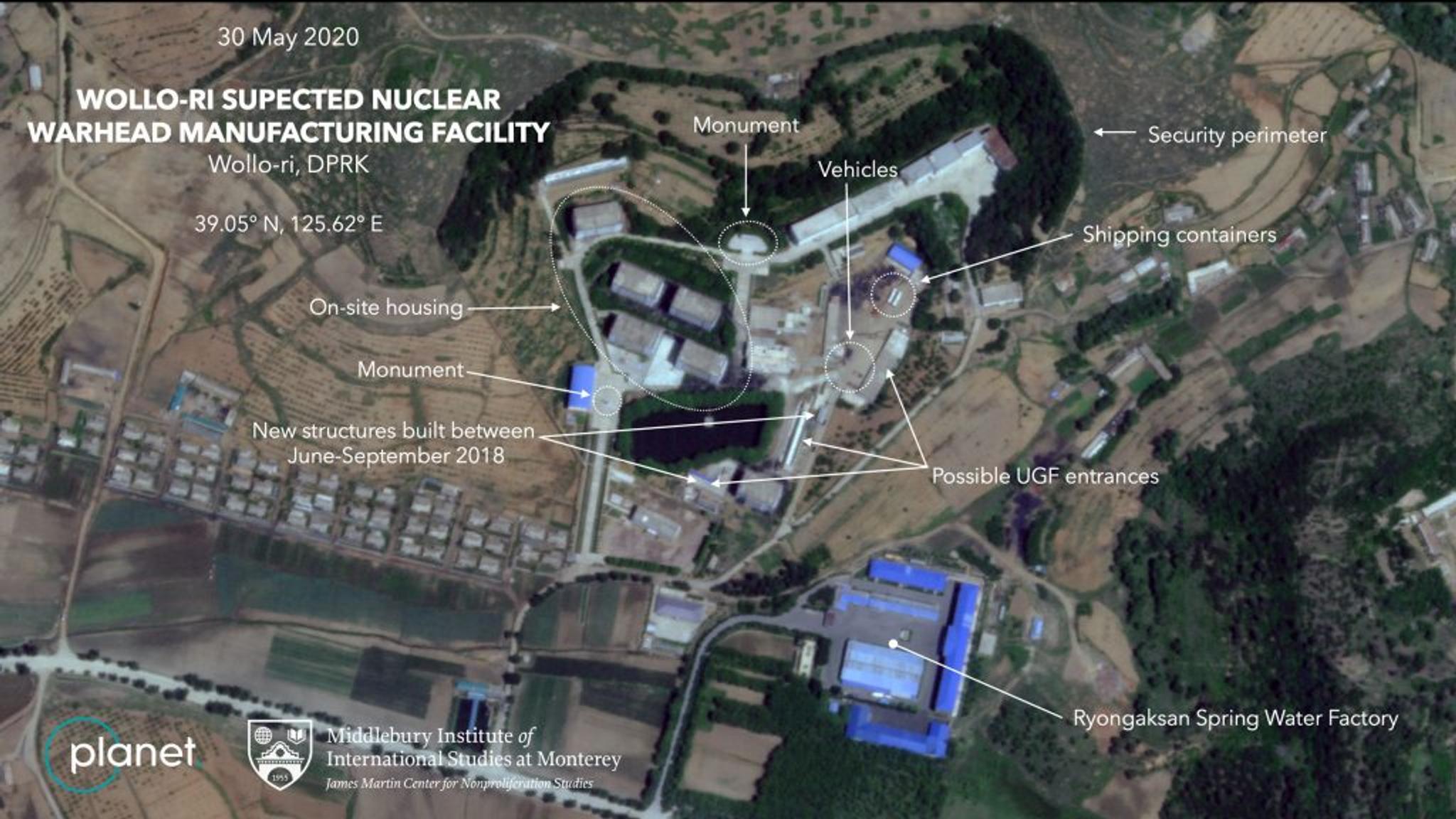
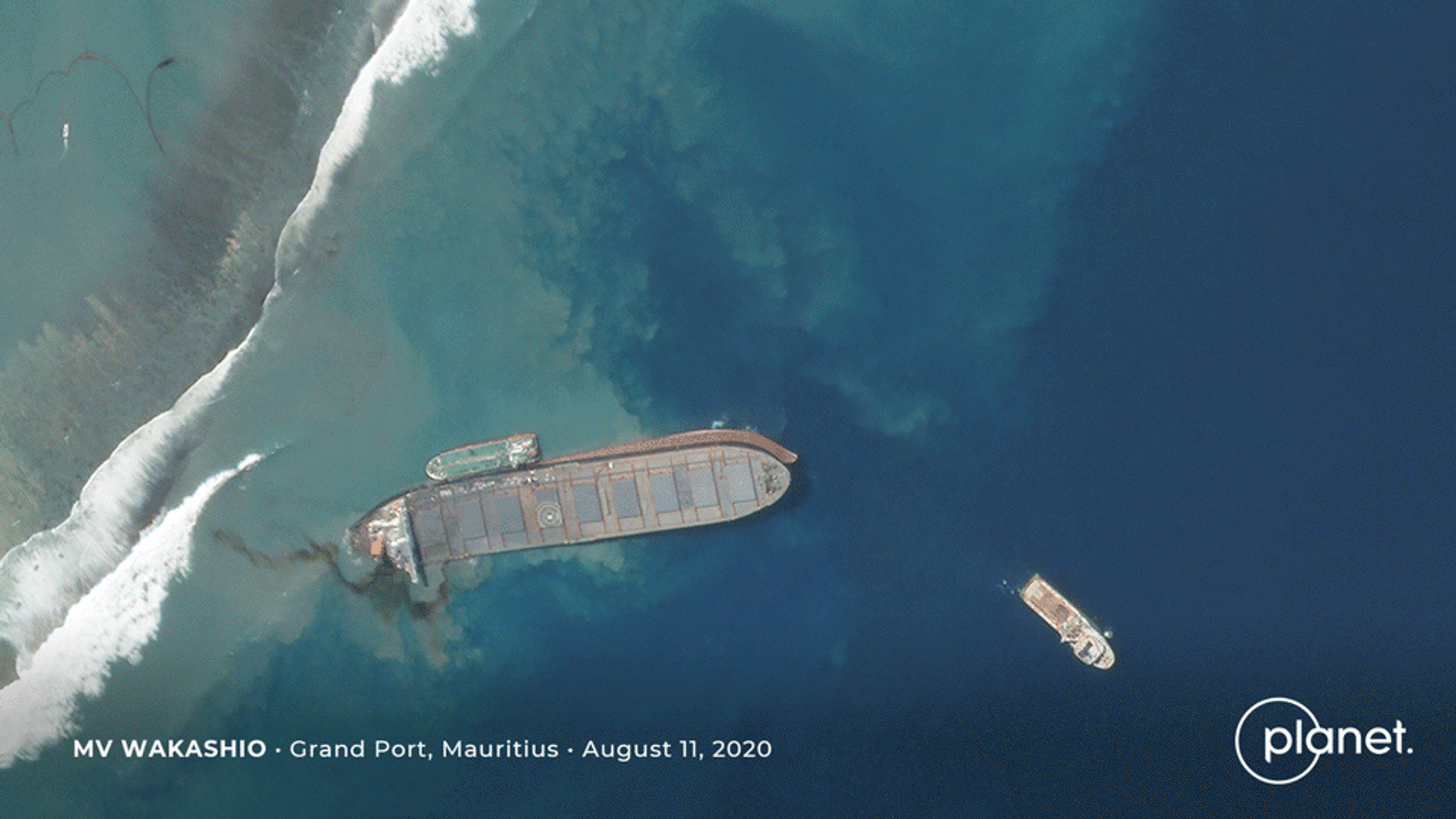
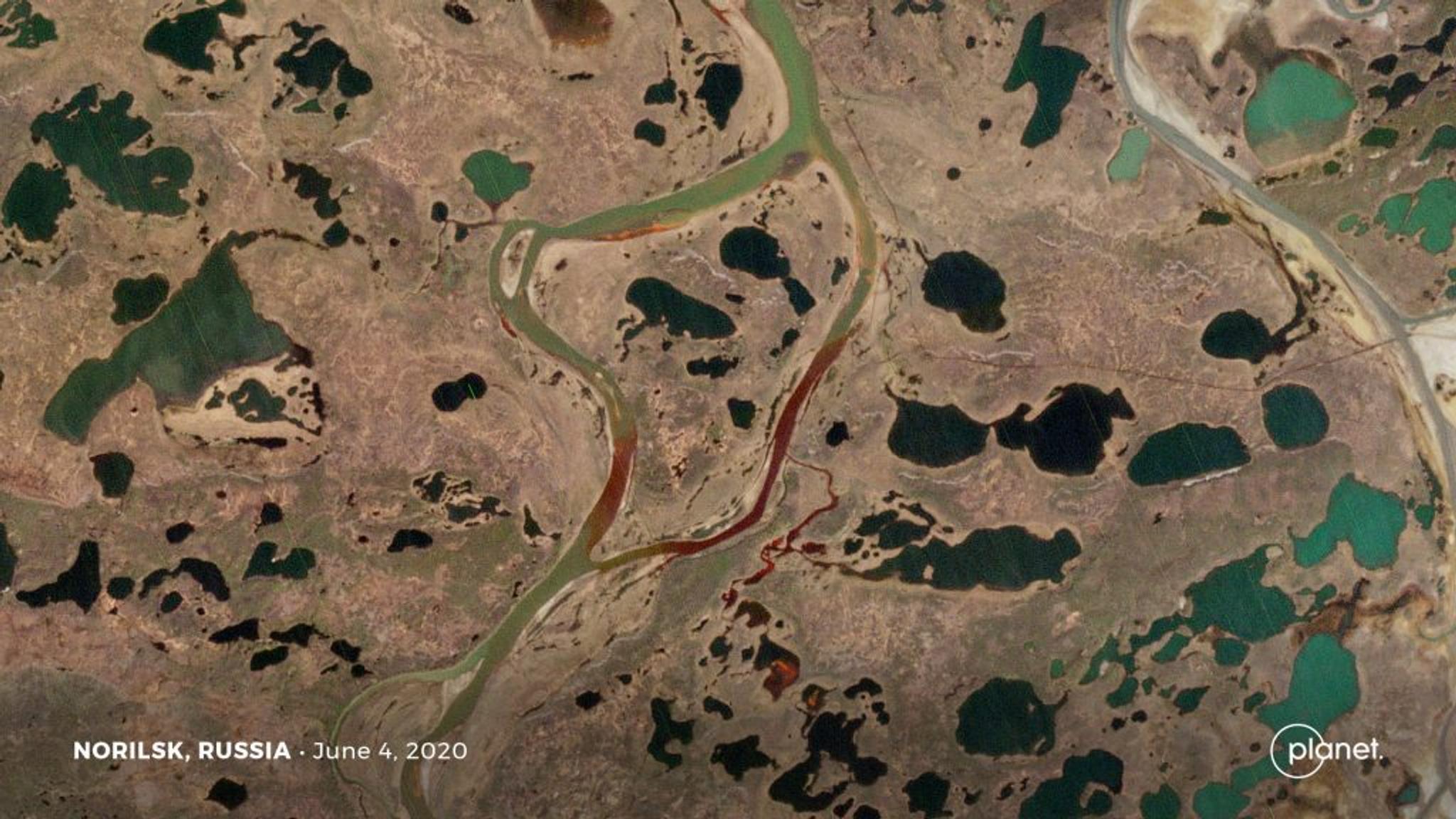
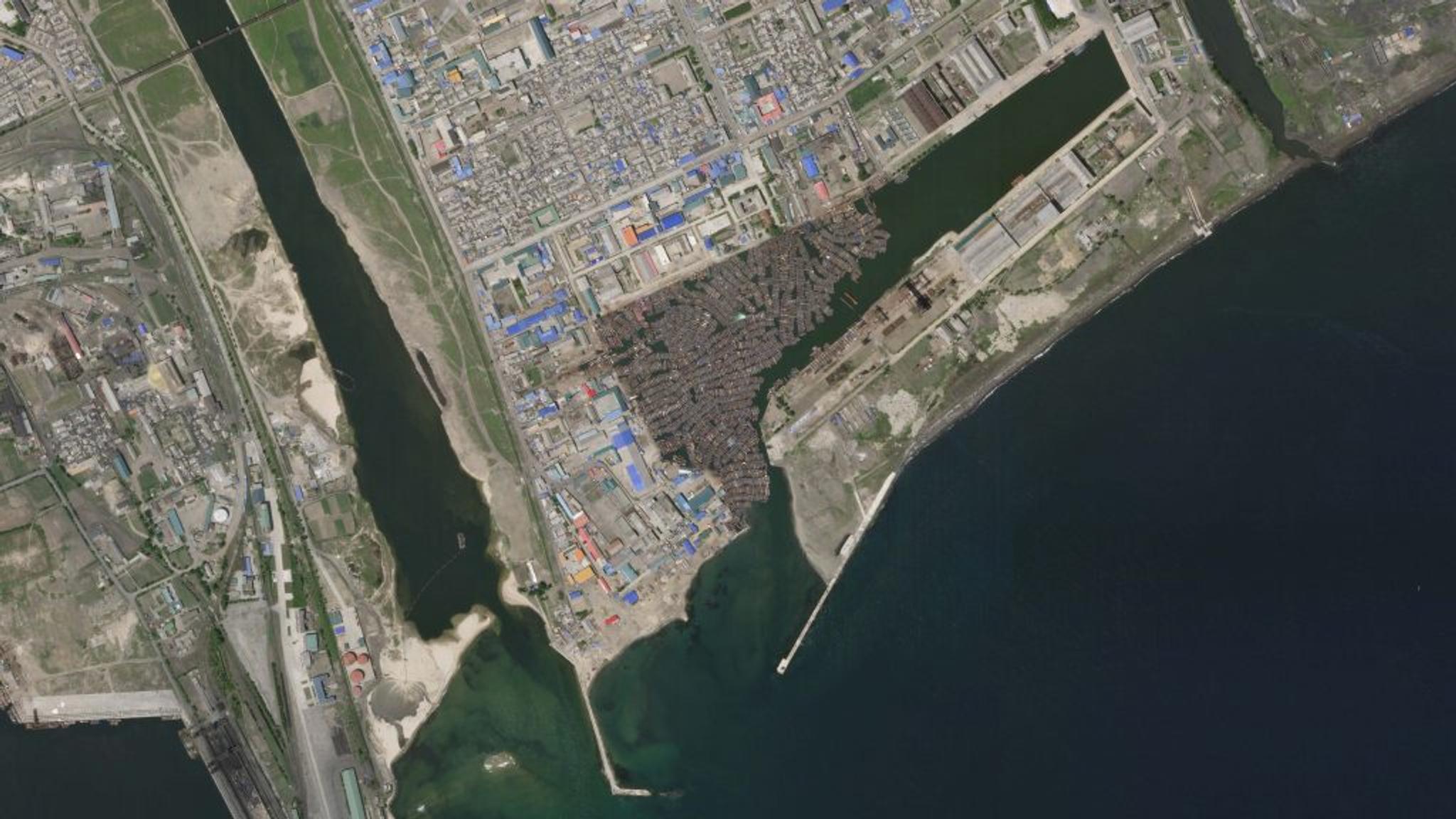
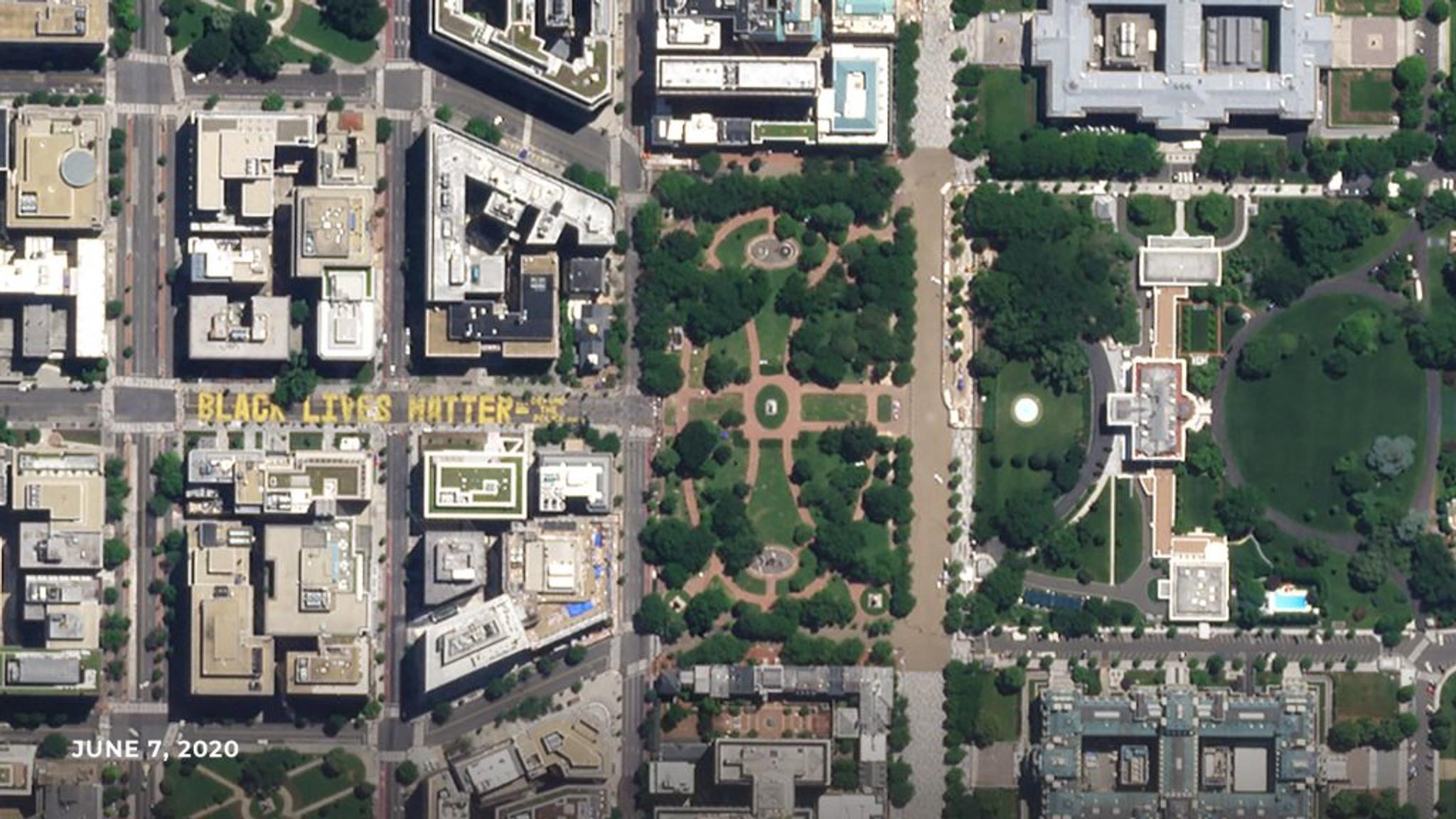

Ready to Get Started
Connect with a member of our Sales team. We'll help you find the right products and pricing for your needs


